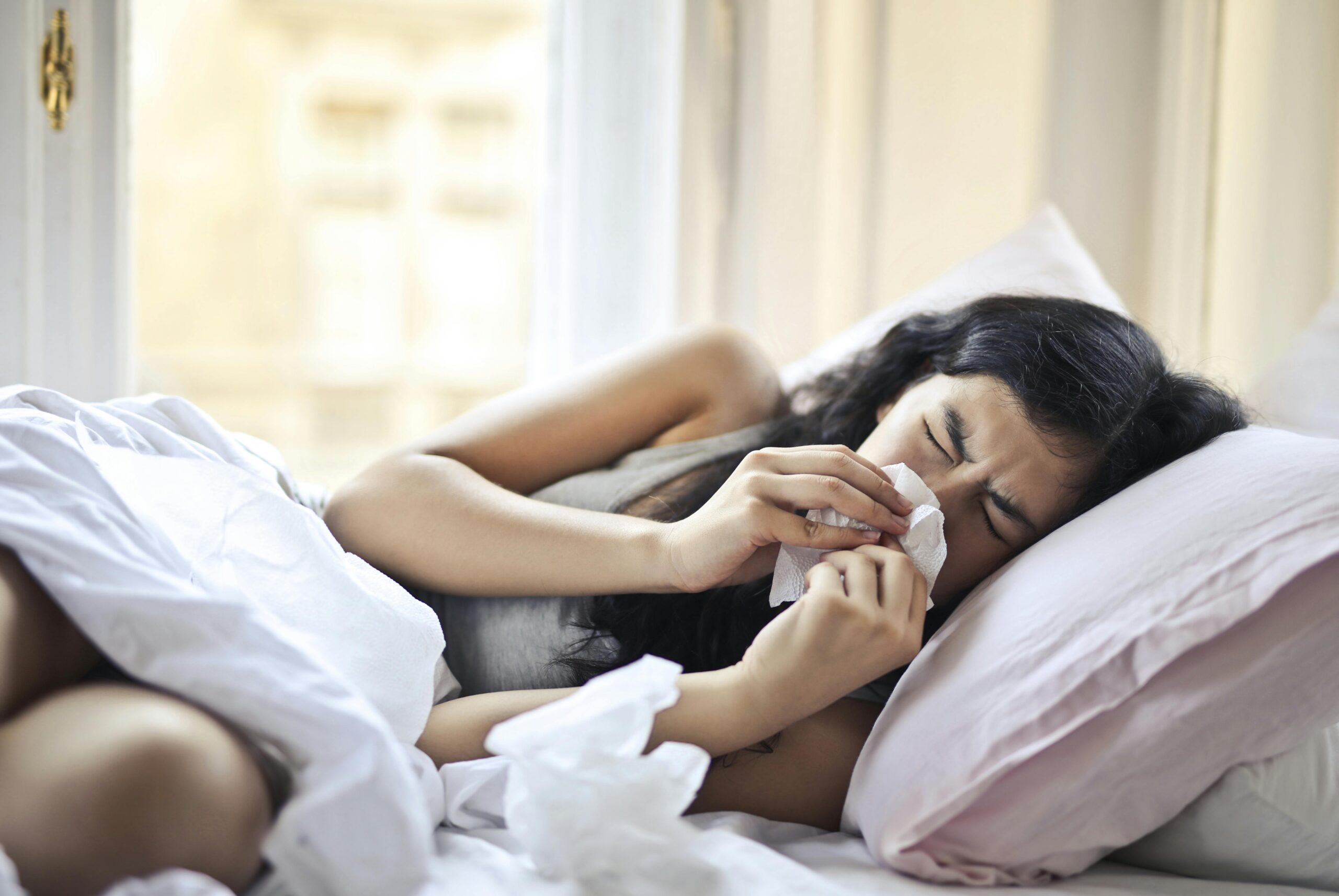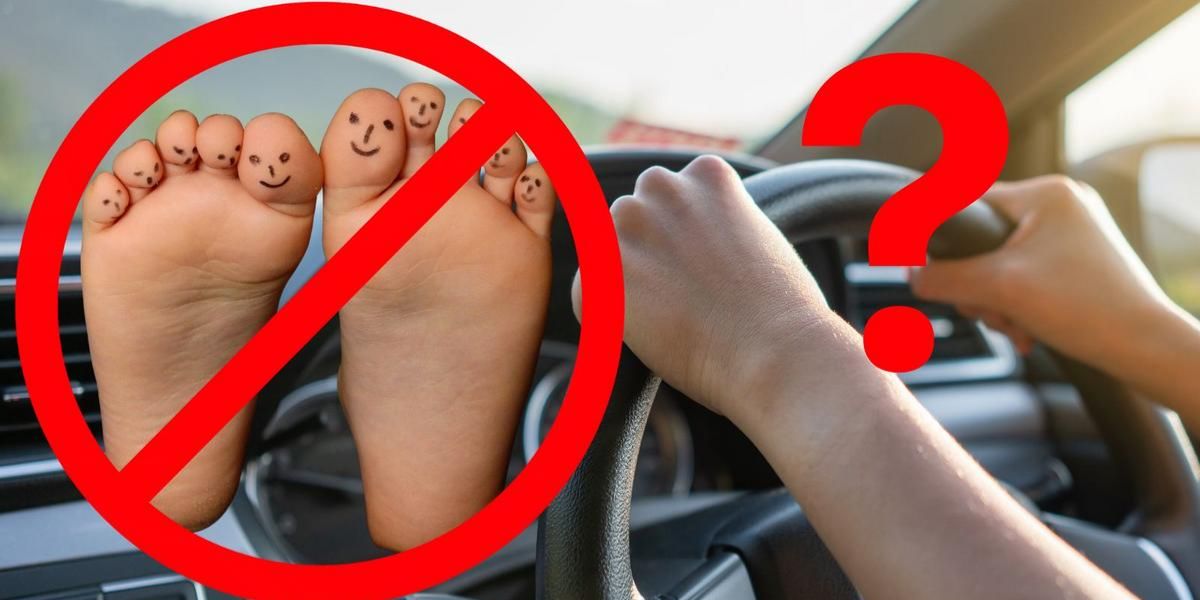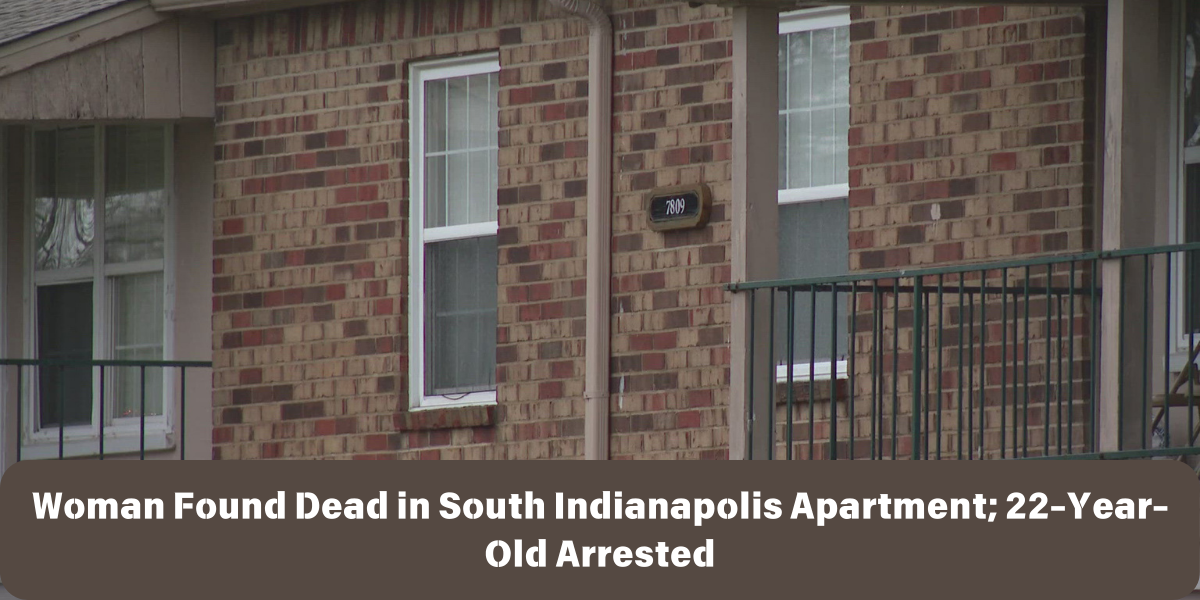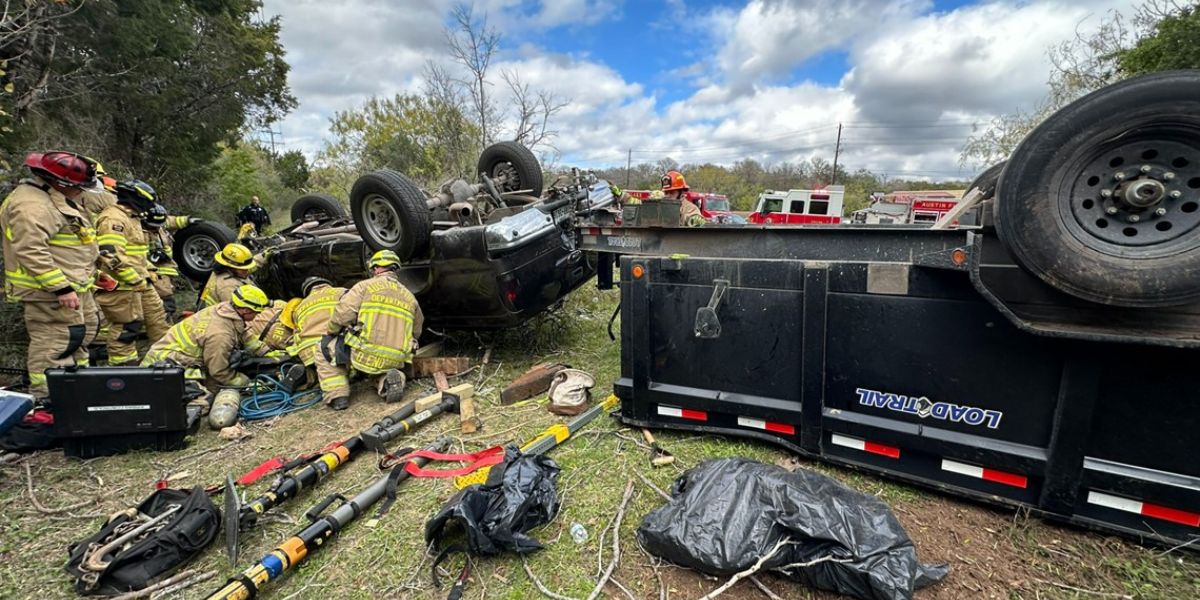A serious health concern is spreading across Illinois. The state is experiencing the largest outbreak of whooping cough (also known as pertussis) since 2012. With over 1,900 confirmed cases in 2024, Illinois is seeing a dramatic rise in infections, with the peak in October alone reaching 408 cases. These numbers have caught the attention of health officials, who are now urging residents to take action to protect themselves and their families.
What is Whooping Cough?
Whooping cough is a contagious disease that causes severe coughing fits. The name “whooping cough” comes from the “whoop” sound people make when they breathe in after coughing. While it can be especially dangerous for babies and young children, anyone can catch it. The disease spreads easily through the air when an infected person coughs or sneezes, which makes it even more important to know how to protect yourself.
Why is This Outbreak Happening?
The number of whooping cough cases in Illinois has been steadily increasing. According to the Illinois Department of Public Health, there have been multiple cases reported in schools, including a few cases at a high school in Chicago just this month. Health officials are concerned because the rise in cases isn’t just happening in Illinois; it’s a national issue. The Centers for Disease Control and Prevention (CDC) reported that nationwide, whooping cough cases in December 2024 were six times higher than the previous year.
What are the Symptoms?
Whooping cough usually starts like a regular cold, but it can quickly worsen. Early symptoms include:
- Runny or stuffy nose
- Mild fever
- A lot of coughing (often severe)
- The “whoop” sound when breathing in after a cough
It’s important to recognize these signs early so you can take steps to avoid spreading the illness to others. If you start feeling sick, especially with a persistent cough, it’s crucial to stay home from school or work and see a doctor.
How Can You Prevent Whooping Cough?
The best way to prevent whooping cough is to get vaccinated. Children must have the vaccine to attend school, but adults are also encouraged to get vaccinated, especially if they haven’t already. The vaccine protects you from getting the disease and can reduce the severity of symptoms if you do get sick.
In addition to getting vaccinated, it’s important to practice good hygiene:
- Wash your hands regularly
- Cover your mouth when coughing or sneezing
- Stay home if you’re feeling sick
What to Do if You Get Sick
Even if you’ve had the vaccine, there’s still a chance you could catch whooping cough. If that happens, here’s what you should do:
- Take antibiotics as prescribed by your doctor
- Rest and drink plenty of fluids to help your body recover
- Use a humidifier to ease coughing
- Always cover your mouth when coughing
Health officials are reminding everyone that while vaccines reduce the chances of getting sick, it’s still important to keep an eye out for symptoms, especially as the number of cases rises.
What Should You Do Now?
Illinois residents should take this outbreak seriously and make sure they and their loved ones are up to date with vaccinations. If you or your child show symptoms of whooping cough, it’s important to see a healthcare professional right away. Taking these steps now can help slow the spread of this contagious disease and protect those who are most vulnerable, like young children and the elderly.
Stay informed, stay protected, and help spread awareness about this serious health issue. The Illinois Department of Public Health will continue to monitor the situation, and residents are encouraged to stay updated on any new health alerts.
(Source – newsbreak.com)







